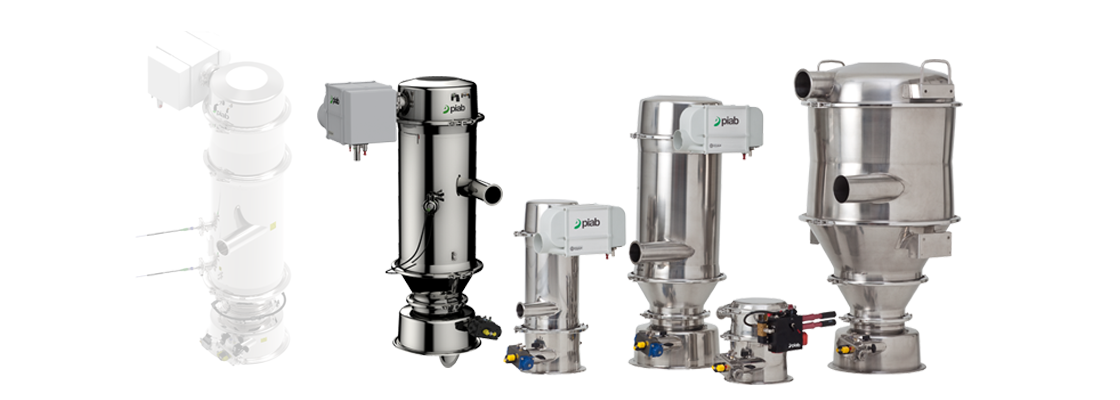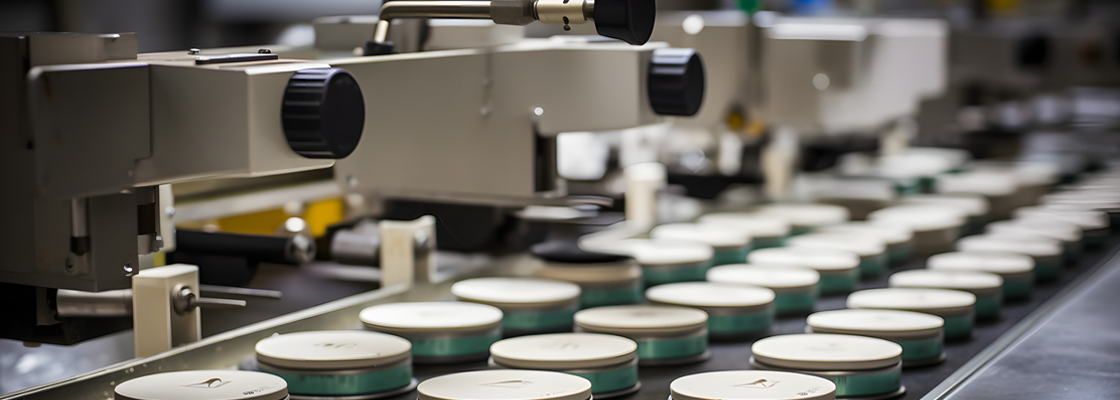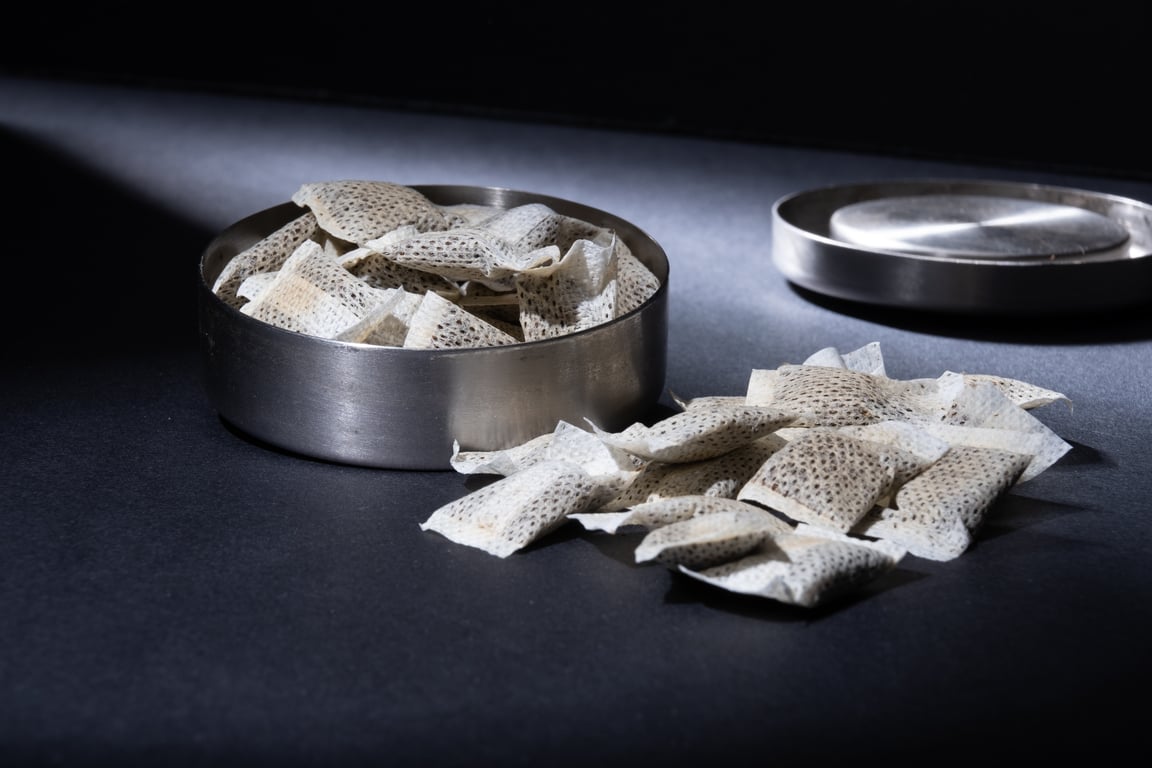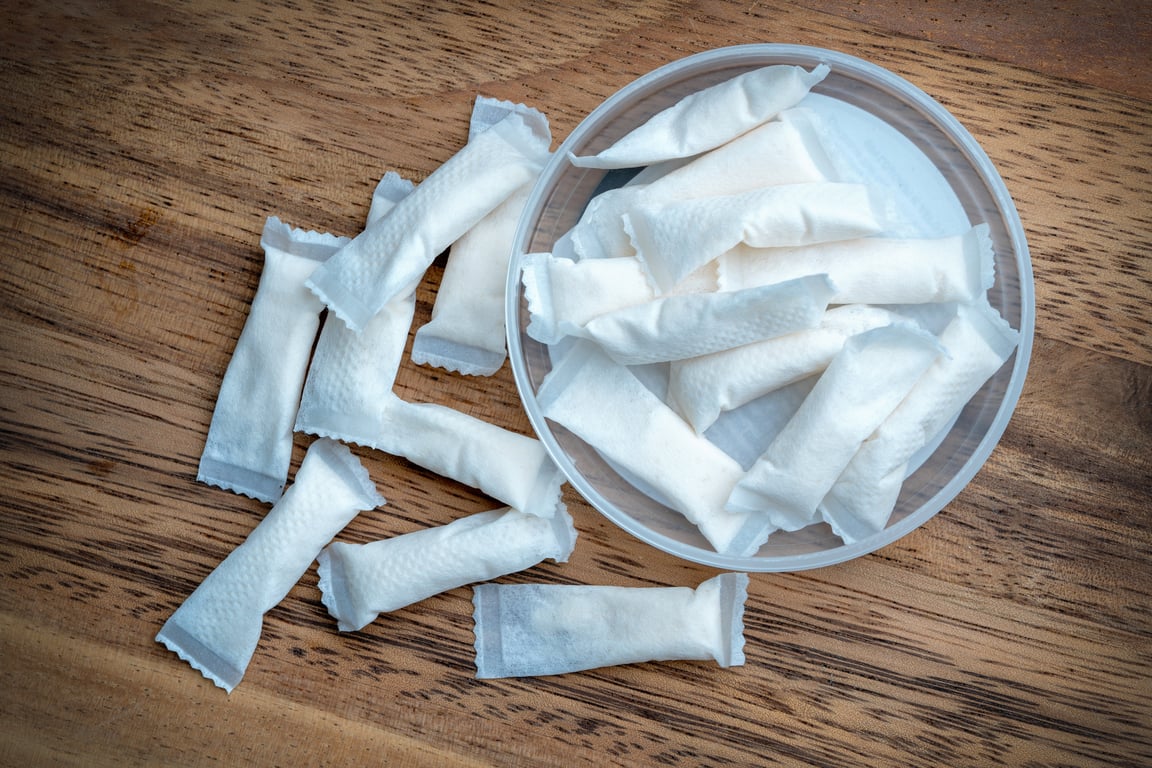PFAS-free Operations: Raising the Bar for Sustainable Food Manufacturing

As the food industry faces mounting pressure to deliver safer, cleaner, and more sustainable products, every component in the production process is coming under scrutiny. Among these, the choice of filtration technology is emerging as a critical factor - not only for compliance, but for brand reputation and environmental impact as well. The new generation of Piab PFAS-free filters are setting a new standard for responsible food manufacturing.
Why PFAS-Free Matters
PFAS (Per- and Polyfluoroalkyl Substances) have long been used in industrial and food processing equipment for their non-stick and chemical-resistant properties. However, these “forever chemicals” are now recognized as persistent environmental pollutants, linked to health risks and subject to increasing regulatory restrictions worldwide. For food manufacturers, eliminating PFAS from production lines is no longer just a compliance issue: it’s a strategic move toward a safer, greener future.
Sustainable by Design
Piab’s PFAS-free pleated rod filters are engineered to meet the strictest global food safety and environmental standards, including FDA and EU regulations. By removing PFAS from the equation, these filters help manufacturers:
- Reduce Environmental Footprint: PFAS-free filters prevent hazardous chemicals from entering waste streams and ecosystems, supporting circular economy and zero-waste initiatives.
- Protect Brand Reputation: Today’s consumers and business partners are demanding transparency and responsibility. Adopting PFAS-free technology signals a proactive commitment to health, safety, and sustainability.
- Future-Proof Operations: With regulations tightening worldwide, investing in PFAS-free solutions ensures ongoing compliance and minimizes the risk of costly recalls or retrofits.
Efficiency Without Compromise
Sustainability doesn’t have to mean sacrificing performance. Piab’s pleated rod filters are designed for high efficiency in handling fine powders - common in food, pharma, and chemical manufacturing - while maintaining robust throughput and product integrity. The range includes multiple variants and ATEX-certified options, making it easy for manufacturers to upgrade their systems without operational disruption.
Supporting the Food Industry’s Green Transition
The move to PFAS-free filtration is part of a broader transformation in food manufacturing - one driven by stricter safety standards, automation, and the global push for more sustainable supply chains. By adopting advanced, PFAS-free filters, food producers can:
- Align with ESG Goals: Demonstrate measurable progress on environmental, social, and governance commitments.
- Meet Customer and Regulatory Demands: Stay ahead of evolving food safety laws and sustainability certifications.
- Contribute to a Cleaner Food System: Help build a food industry that is safer for consumers and better for the planet.
A Simple Switch, a Big Impact
For food manufacturers, the transition to PFAS-free filters is a straightforward yet powerful way to advance sustainability, protect brand value, and ensure regulatory readiness. With solutions like Piab’s pleated rod filter range, it’s never been easier to make a positive impact on your business, your customers, and the world.
Piab is committed to sustainability and product safety. In addition to offering PFAS-free filters, Piab is actively working to expand its portfolio of PFAS-free products. The company is currently conducting thorough investigations - both internally and in collaboration with its suppliers - to determine whether any existing products contain PFAS. This proactive approach ensures that Piab can provide transparent information and continue to develop solutions that meet the highest environmental and safety standards.
Interested in learning more about sustainable conveying solutions? Contact Piab for a consultation and discover how PFAS-free filtration can future-proof your food production.




